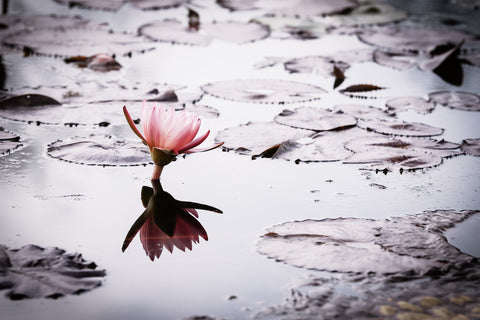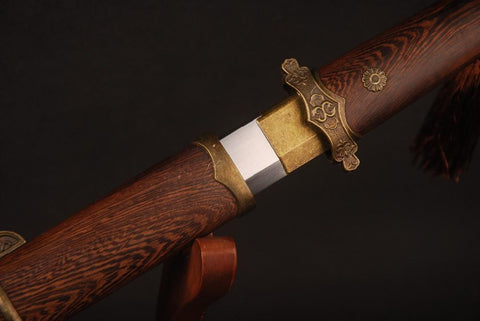Hua Mulan - The Most Famous Chinese Woman Warrior
3 minute read
The original story of Mulan is short, only a few hundred characters. But the story contained inside is unique and powerful, especially for the time period in which it was written. Set in the first half of the first millennium, it chronicles the story of a girl who takes her father’s place and joins the army.

While it recently gained fame as a Disney movie worldwide, the story has been popular in China for millennia. Unlike the movie, there are no romantic subplots in the original poem but only the familial love of a daughter for her father. Short and sweet, its meaning is timeless.
The Story
The poem starts with Mulan working at her loom. She is asked whom she longs for, and she answers that she has no one she desires, but instead worries for her father, whose name is on every draft notice in town. She notes that her family has no older male to serve, and she wishes she could take her father’s place.
The next section of the poem describes her buying a horse and tack from around town. She leaves her family’s home at dawn and travels to the army camp, arriving at evening. This section has a repeated line that is difficult to translate, but seems to refer to how Mulan is so focused on her mission that she doesn’t consider how her family misses her.
The following part details her long and varied service. She serves for ten years, traveling over ten thousand miles through the north of China and probably parts of what are now Mongolia and Russia. She fights in over a hundred battles, and many of the army's leaders are killed over the course of the campaign. While never directly said, it is heavily implied based on what happens next that she is repeatedly promoted.
When the long and bloody campaign is finally over, the army travels to the capital where she meets the emperor as part of a celebration. He hands out rewards to all and official posts to distinguished commanders. When asked what she wants, she refuses a post, but asks simply to be allowed leave to return home and a fast horse to take her there.
Her family receives word of her immanent arrival. Her parents go out to see her, her sister dresses up, and her younger brother goes to slaughter some of the livestock for a feast in her honor. Mulan arrives and makes her way to her room where she trades her armor and battle clothes for a lady's dress and cosmetics. It is implied that her hair is white, signaling just how stressful the campaign had been and how it had aged her.
Her companions who had traveled with her are amazed and astonished when they see her, for in all the years of traveling together they had never suspected who she was. The poem ends with an analogy from Mulan relating how when rabbits run together, it is impossible to tell their sex.
History
The poem is nearly as old as the story it contains - written only one or two centuries after the events it purports. However, we have no early copies, and the first reference we have of the poem is from a 12th century work in which the author references an earlier source.
In the poem, Mulan has no surname. Later adaptions gave her different surnames, with "Hua", meaning "flower", becoming the most popular. This is likely because in Chinese, "Mulan" means magnolia, so the name is more poetic.
Disney wasn't the first to play loosely with the story. In the 1670s, Chu created an intriguing adaption in which Mulan, after leaving to join the army in her father's stead, becomes best friends with a king's warrior daughter. When the king is captured and sentenced to death, they try to have themselves executed instead. However, their act of loyalty is rewarded, and Mulan is granted riches and a place for her family to relocated. Returning home, she discovers her father has died and her mother has remarried. She also receives word that the Emperor has taken an interest in her and she is to become his concubine. Rather than acquiesce, she decides to commit suicide so she can be with her dead father.
Chinese Weapons
There were five main Chinese weapons: dao, jian, spear, halberd, and staff. While we don't know which weapon Mulan trained with or used, it is likely that she would have used a Dao, as they were easy to learn, plentiful, and reliable.

